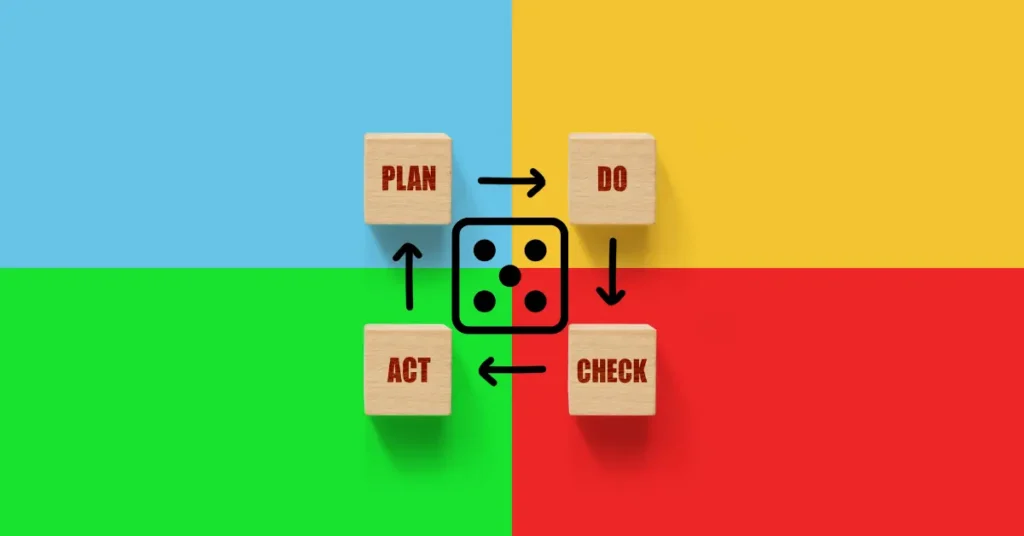Before you even think about rolling, the most crucial step is to understand and define your bankroll. This isn’t just any money; it’s the specific amount you’ve allocated purely for dice games, separate from your essential living expenses. Imagine it as your entertainment budget for this specific hobby. Starting here ensures you play responsibly and never put vital funds at risk. It’s about setting clear, realistic financial boundaries before the game even begins.
Setting Realistic Limits
Once you’ve identified your dedicated bankroll, the next logical step is to establish realistic limits for your playing sessions. This means deciding how much you’re comfortable spending per day, week, or month, independent of your other financial commitments. It prevents overspending and helps maintain a healthy balance between your hobby and your overall financial well-being. Think of it as a pre-set spending cap that guides your play and keeps you within your comfort zone.
Starting Small and Practicing
Especially when you’re new to a particular dice game or trying out a fresh strategy, it’s always wise to start small. This means using smaller stakes initially, allowing you to get a genuine feel for the game’s mechanics, the flow of play, and your personal comfort level with risk, all without significant financial exposure. Furthermore, consider practicing with play money or in demo modes. This allows you to hone your skills and test strategies in a risk-free environment, building confidence before you commit any real funds.
Core Strategies for Smart Bankroll Management
Effective bankroll management goes beyond just setting limits; it involves implementing disciplined strategies to protect your funds and extend your playing time. These are the practical approaches that will help you navigate the highs and lows of any dice game.
Unit Sizing: Your Bet Multiplier
A cornerstone of smart money management is unit sizing. This involves dividing your total bankroll into smaller, equal “units.” For instance, if you have $100 and decide each unit is $1, you have 100 units. Your typical bet for each roll or game should then be a small percentage of your overall bankroll, often just 1-2 units. This method significantly minimizes the impact of individual losses, as no single outcome can drastically deplete your funds. It’s a way to ensure you can weather losing streaks and keep playing for longer.
Implementing Stop-Loss Limits
One of the most critical defensive measures is the stop-loss limit. Before you even make your first roll, decide on the absolute maximum amount you are willing to lose in a single playing session. The moment you reach this pre-determined limit, you stop playing. Period. This strategy is vital for preventing the common pitfall of “chasing losses,” where players desperately try to win back lost money, often digging themselves into a deeper hole. It’s a non-negotiable boundary that protects your bankroll from emotional decisions.
Defining Win Goals (Take-Profit Points)
Just as important as knowing when to stop losing is understanding when to stop winning. Before you begin, set a clear target for your winnings. If your session goes well and you reach this profit goal, consider ending your session and walking away with your gains. This tactic helps you lock in profits and prevents the common scenario where initial winnings are given back to the game during subsequent unfavorable rolls. It reinforces discipline and ensures you don’t overstay your welcome at the table.
Sustainable Play: Ensuring Long-Term Enjoyment
The ultimate goal of bankroll management is to ensure your enjoyment of dice games is sustainable. It’s about building habits that allow you to continue playing responsibly over the long term, avoiding financial strain and maximizing the entertainment value.
Managing Session Time and Taking Breaks
Beyond monetary limits, managing your session time is crucial for sustainable play. Set a specific duration for how long you’ll play in a single sitting. This prevents mental fatigue, which can lead to impulsive and poor decision-making. Equally important are regular breaks. Step away from the game, clear your head, and reassess your strategy and emotional state. These pauses help maintain focus and prevent burnout, ensuring each session remains enjoyable.
Avoiding Common Financial Pitfalls
Protecting your bankroll also means actively steering clear of detrimental habits. The most notorious is chasing losses, which involves increasing your bets after losing, hoping to recoup funds—a strategy that almost always backfires. Over-betting, or wagering too large a portion of your bankroll on a single outcome, is another rapid path to depletion. Finally, avoid playing while impaired by stress, fatigue, or substances, as these conditions severely impair judgment. Recognizing and avoiding these pitfalls is just as important as implementing positive strategies.
Review and Adjust Your Strategy
Bankroll management isn’t a one-time setup; it’s an ongoing process. Regularly review your playing habits, analyze your wins and losses, and assess the effectiveness of your chosen strategies. Based on your experiences and evolving financial situation, be prepared to adjust your bankroll management techniques as needed. This continuous evaluation ensures your approach remains effective and tailored to your current circumstances, fostering a dynamic and responsible relationship with your dice gaming hobby.
Don’t miss:



